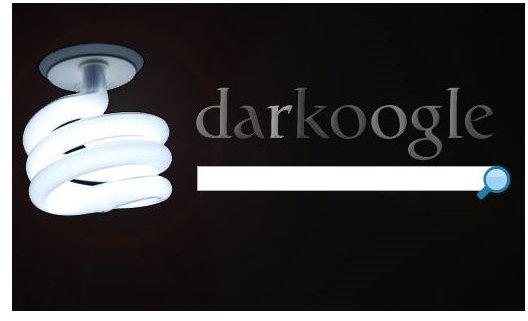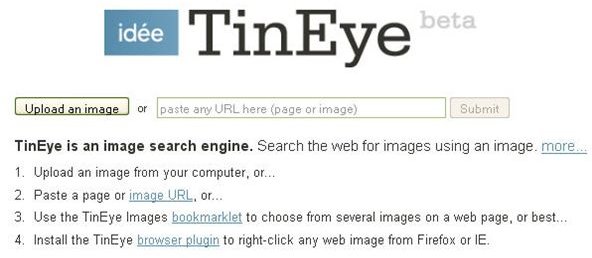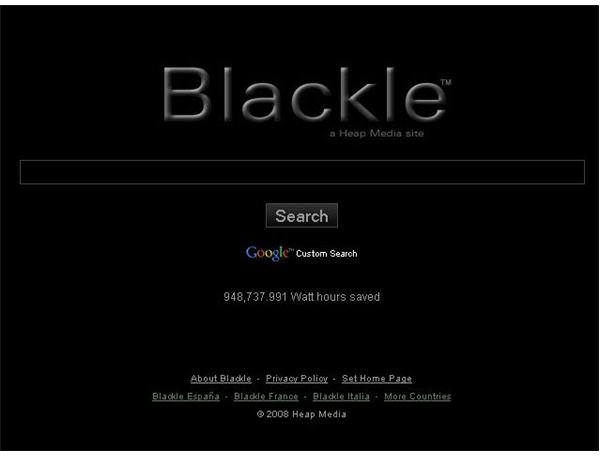New Web Search Engines with a Unique Twist
Search Engine Competition
Google and Yahoo! may hold the largest slices of market share when it comes to Internet search engines, but that’s not stopping several others from throwing their hat in the ring. In an effort to compete, many of these up-and-comers have targeted some interesting niche groups by providing non-standard web search services as well as introducing new angles for old ideas.
Blackle and Darkoogle
If you belong to the energy-conscious crowd, you may want to check out the benefits of Blackle. Using the knowledge that it sometimes takes fewer watts to display an all black page than an all white one on certain types of monitors, Heap Media has created this search engine powered by Google’s Custom Search to appeal to the environmentally aware.
Before you go changing your browser home page to Blackle, make sure to read the fine print. Not every monitor’s power usage benefits from viewing black backgrounds instead of white, and some displays may even utilize more energy in this situation. If you’d like to know how and if using Blackle or any other search engine with a black background can affect your monitor’s energy consumption, see this detailed analysis by Mark Ontkush at ecoIron.
While I like the idea behind Blackle, I’m not really crazy about the interface. I’m not sure if it’s the colors, the font, or the combination of these two things, but looking at the Blackle screen for more than a few minutes gives me a headache. Plus, since I have an LCD monitor, I’m not getting a whole lot of benefit from using a black background.

Another web search engine that sports a black background is Centralum’s Darkoogle. I don’t have the same eye-strain problems with Darkoogle as I do with Blackle, so I think my problem with Blackle may have something to do with there not being enough contrast between the text and background colors.
The developers of Darkoogle concede that a black background doesn’t have much impact on the energy consumption of most monitors, but they claim their search engine is more environmentally friendly in another way:
“Our web technology (that relies on AJAX) eliminates the need to reload the whole page when you submit search requests. It reduces bandwidth, server load, and creates a chain of more efficient computing connecting all the way through - starting with your home or work computer and ending in the datacenter of the hosting company. Even if the energy savings are small, they all add up.”
TinEye

Whereas Blackle and Darkoogle specialize in text-based searches powered by Google, TinEye does just the opposite. This search engine’s sole purpose is to help people find images on the web by performing searches based on an original image instead of text.
Most other image search engines look for pictures based on surrounding text. That’s great if you’re trying to find a picture of something to get an idea what the item looks like. However, it doesn’t help at all if you’re trying to find out where a particular photo is used on the Internet.
With TinEye, you can either upload a photo from your hard drive or type in a URL of an image on the web, and the search engine will look for that exact picture on other web sites using special pattern recognition algorithms. The only limitation TinEye has right now is that it’s in beta, and it’s still in the process of indexing new images. So, even though you may not find any matches on your photo, that doesn’t mean it isn’t out there someplace on the web. It just means that TinEye hasn’t crawled a site containing it yet.
